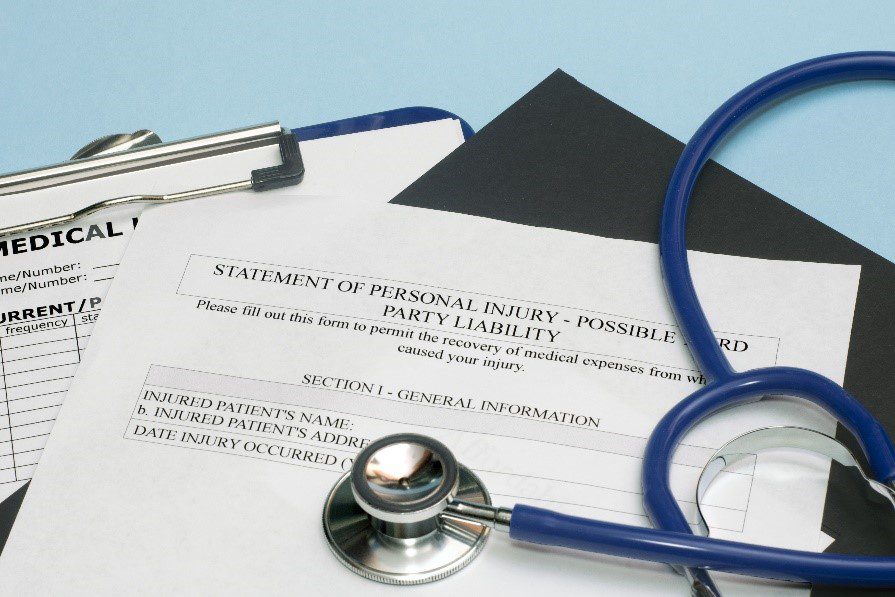Our recent blog post answering the most frequently asked questions about slip and fall cases introduced the legal concept of premises liability. It’s true that if you have experienced a slip and fall injury, premises liability will likely come into play in your personal injury case.
But, what other types of incidents beyond slip and fall injuries could potentially constitute a premises liability claim? And, who can be held responsible for a victim’s personal injury or wrongful death in those premises liability claims?
Today’s post addresses these questions and demonstrates again the crucial point of ensuring that you contact an experienced personal injury attorney for guidance when you have been injured on someone else’s property.
Premises Liability Defined
As we’ve talked about in the past here on the blog, any time someone is injured by a dangerous property condition, the owner of that property might be liable in a premises liability claim.
The concept of premises liability comes down to proving negligence by a property owner based on the fact that owners owe visitors to their property a duty of care. When a property owner neglects their duty and creates hazardous conditions, they can be held financially and legally responsible.
Some examples of dangerous/hazardous property conditions include icy sidewalks, insecure or missing handrails on stairways, and wet floors from spills or even cleaning procedures. (Note that these examples typically lead to slip and fall injuries specifically—any number of dangerous property conditions could contribute to a personal injury.)
Types of Personal Injury Cases Involving Premises Liability
It can be argued that slip and fall cases make up the majority of premises liability claims. However, some other significant personal injury scenarios may involve proving that a dangerous property condition caused the injury in questions. These can include (but are not limited to):
- Swimming pool accidents
- Dog bites
- Injury from toxic chemicals
- Amusement park ride accidents
Additionally, nursing home negligence cases and assaults stemming from insufficient security in a public place may also involve premises liability.
Let us help you!
If any of these injury situations have happened to you or a loved one, it is critical that you get in touch with a personal injury attorney to discuss your rights.
Who is Responsible for My Personal Injury?
As we touched on, premises liability involves negligence by a property owner. However, a “property owner” could be defined as a landowner or as someone leasing the property from another owner, but who has control over the safety of the physical environment. This can be quite complicated.
For instance, think of stores in a shopping mall—often those stores are leasing space from a firm that owns the shopping center. In a case where a shopper has been injured by a falling display in an individual retail store, it could be the store owner who is held liable. Of course, there are likely many other individuals and entities involved, as well—the mall owner, the parent company/brand of the store, a local franchise owner, the management team at the store location itself, etc.
In the end, determining precisely whose negligence led to the unsafe environment in the store is up to personal injury lawyers and the courts.
Additionally, there is the matter of assessing why the injured party was on the premises where they sustained their personal injury. An injured plaintiff making a premises liability claim will be categorized in one of three ways depending on their relationship to the property owner:
- An invitee – This is a person with whom the property owner is doing business. A store customer or a tenant in a landlord’s apartment building are examples of invitees.
- A trespasser – Did you enter a property without legal authority? You could be trespassing, which tends to shift the duty of care off of a property owner. This can get complicated if children are involved, however.
- A licensee – This is a person that a property owner has permitted onto their premises for non-business reasons. If you’re attending a social dinner party at a friend’s house, for example, you’re likely a licensee.
The Bottom Line: Premises Liability Cases are Always Complex
As we have shown, all personal injury cases involving premises liability—even if they seem relatively straightforward at first—can be extremely complicated. And this means you need an experienced attorney and personal injury law firm like May, Herr & Grosh to help you get fair compensation for your injuries.
Get in touch with our knowledgeable and caring attorneys today to discuss the details of your personal injury case with a free initial consultation. Unable to travel? May, Herr & Grosh’s lawyers are happy to make home and hospital visits, too.



